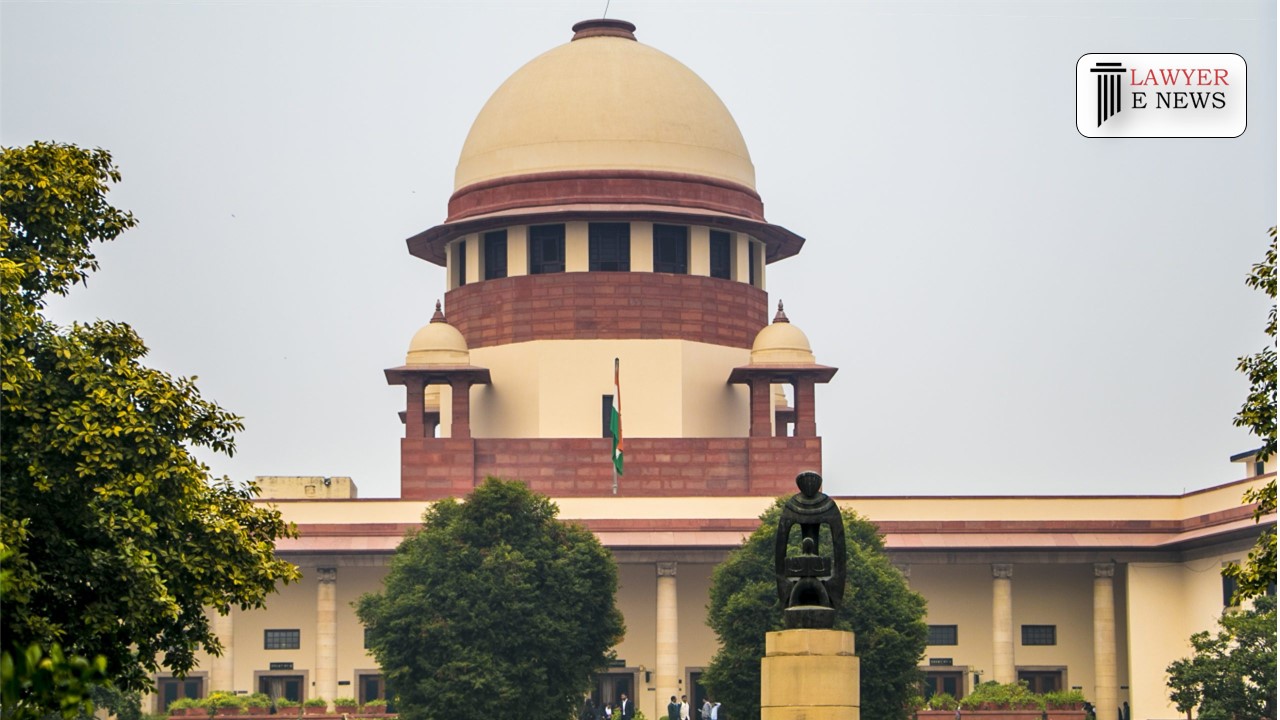-
by Admin
15 February 2026 5:35 AM



In a noteable judgment, the Supreme Court of India, through the bench of Justices Abhay S. Oka and Ujjal Bhuyan, decisively quashed a criminal complaint against officers of the Special Armed Forces (SAF). The Court held, "the further prosecution of the complaint was itself an abuse of the process of law," addressing critical issues regarding the necessity of sanction for prosecution under Section 197 of the Code of Criminal Procedure, 1973 (CrPC), and the misuse of the legal process.
The crux of the Supreme Court's decision was twofold: the requirement of sanction for prosecution under Section 197 CrPC for offenses allegedly committed by SAF officers, and the determination of whether continuing the prosecution amounted to an abuse of the legal process.
The case centered on a property dispute in Gwalior city, with allegations of trespass and other offenses against SAF officers. The first respondent, claiming to be the property owner, filed a criminal complaint following various legal proceedings, including a civil suit and a contempt petition.
On Sanction for Prosecution: The Court meticulously examined whether the acts attributed to the SAF officers were executed as part of their official duties. Justice Oka remarked, "The determination of the necessity of sanction for prosecution hinges on whether the acts were in discharge of official duties." The Court found that the learned Magistrate had not adequately addressed this aspect, leaving a critical legal requirement unfulfilled.
On Abuse of Legal Process: The Court observed a significant overlap with the issues raised in a previously dismissed contempt petition and the criminal complaint, indicating a potential abuse of the legal process. "The prosecution based on near-replicated allegations from a dismissed contempt petition highlights a troubling misuse of judicial mechanisms," Justice Oka noted. Furthermore, the Court pointed out the non-disclosure of the dismissal of the contempt petition in the criminal complaint, which was deemed a crucial omission impacting the legitimacy of the proceedings.
The apex court, in its ruling, nullified the orders of the High Court and the Magistrate, dismissing the complaint against the SAF officers. It underscored that the legal proceedings were an abuse of the process and dismissed the necessity for sanction under Section 197 CrPC.
Date of Decision: March 4, 2024
Murari Lal Chhari & Ors. vs. Munishwar Singh Tomar & Anr.
